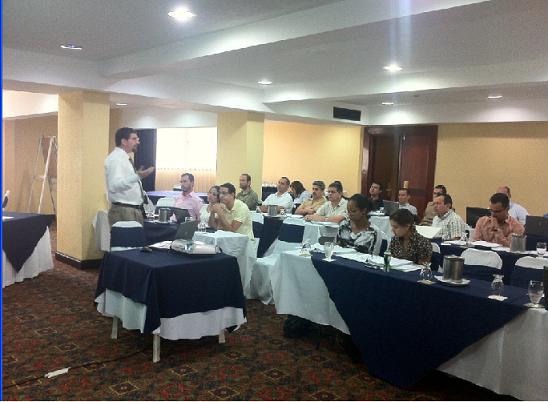
Increasing demand for drinkable water and proper sewer systems are the main drivers for utilities companies to look for different approaches to better manage their organizations. A better management of the organization’s assets could lead to an increase in customer satisfaction levels and also to an increase in productivity. In recent times public managed companies have realized the value of continuous improvement (CI) methodologies such as six sigma or lean management because of their positive impact and connection with the organization’s strategic goals. CI methodologies help organizations to achieve significant levels of success by performing small incremental changes in their processes, products, or organizational structures. These small changes are in most cases preferred because they slowly permeate into the organization’s culture and structure and avoid radical changes and potential high risk.
In many cases, public companies such as utility companies have a difficult time to connect strategy with the proper actions and strategic deployment procedures. It seems that most of the available CI methodologies are better suit for private organizations in manufacturing or service industries. However, the principles and goals of CI methodologies can be adapted and successfully applied to public organizations, such as water management companies. Recently, Dr. Henry Quesada has engaged in advising and training the Costa Rican Water Management Company, locally known as Acueductos y Alcantarillados (AyA) in its business process management initiative. This initiative aims to transition the organization into a modern, effective, and efficient organization that not just manage and protect water and its sources but also provides its customer with high levels of satisfaction through the supply of potable/drinkable water and the collection and treatment of discharged residential and industry water. This type of engagement with public companies is critical for the College of Natural Resources and Environment at Virginia Tech in order to help
increase the sustainability of natural resources such as the forest and water in local and international contexts. It also provides better understanding and connections with other underlying dimensions such as the community, economic development, and the environment. For more information in how to apply business process management to public utility companies, please contact Dr. Henry Quesada at quesada@vt.edu
